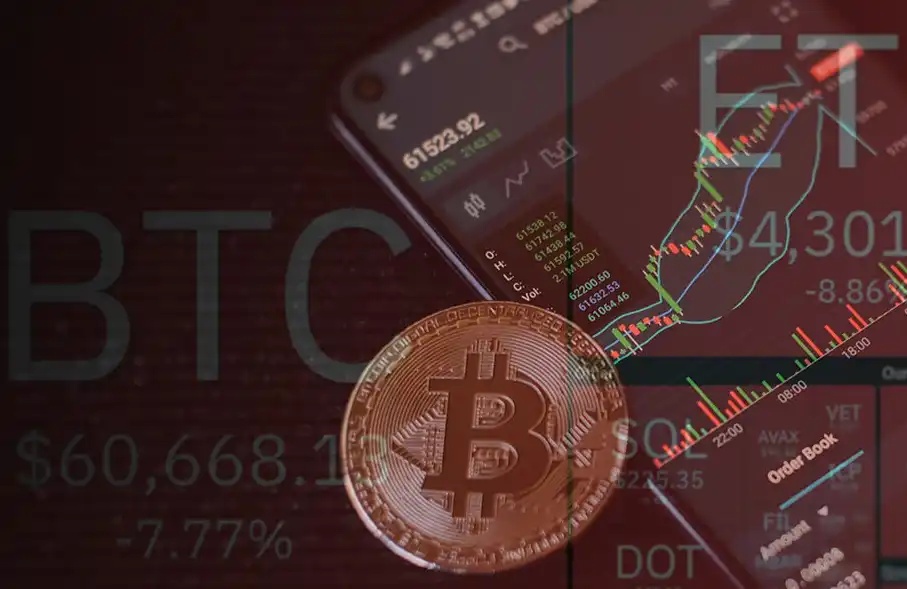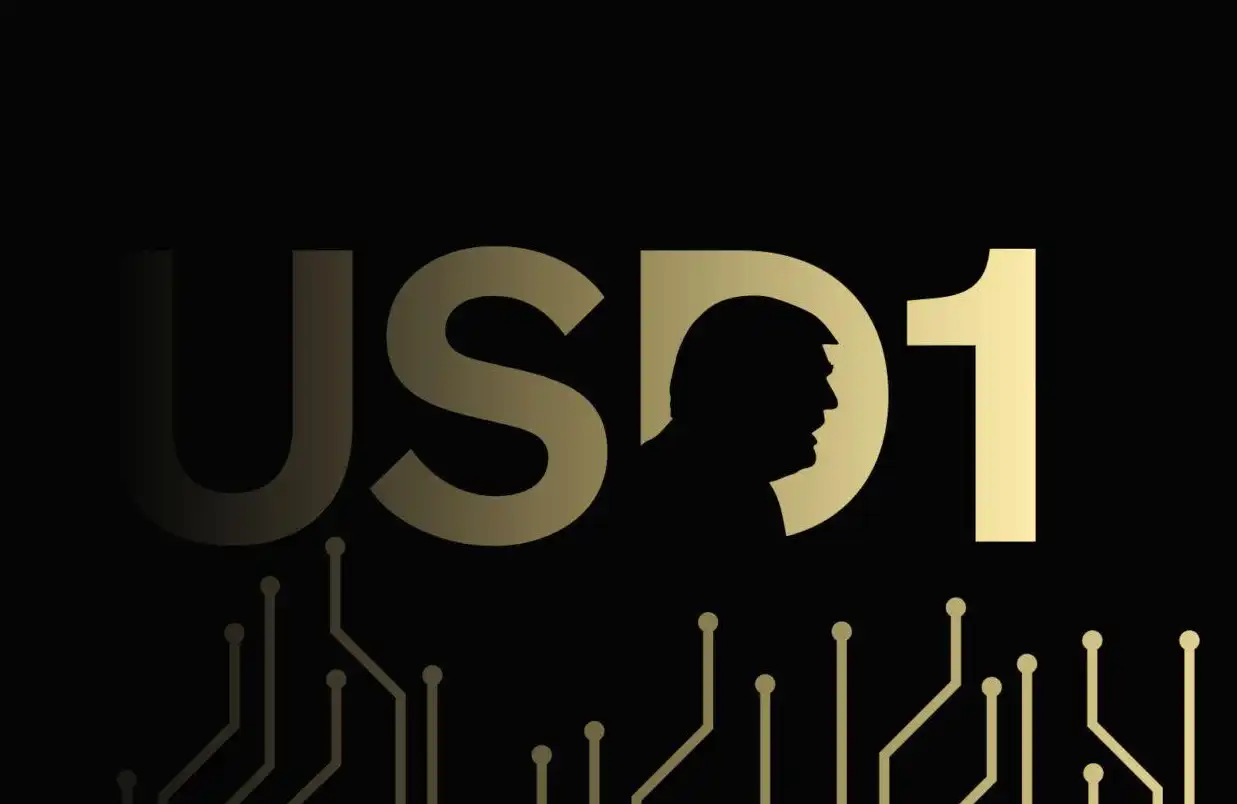Washington's "Crypto Week" Kicks Off: How Will Three Major Bills Reshape the Future of Crypto?
Original Title: It's "Crypto Week" in Washington
Original Author: Matt Hougan, Chief Investment Officer at Bitwise
Original Translation: Luffy, Foresight News
Curious why Bitcoin hit an all-time high last week?
There are many reasons, including continued demand from institutional investors and corporate treasuries. But one reason that hasn't been widely reported is that this week is "Crypto Week" in Washington, and you'll be seeing a ton of pro-crypto news over the coming days.
This isn't me making this up. On July 3, the U.S. House of Representatives released a low-key but consequential press release formally declaring the week of July 14 as “Crypto Week,” committing to advancing three key crypto bills:
· The "GENIUS Act": A clear regulatory framework for stablecoins
· The "CLARITY Act": A holistic regulatory framework for crypto assets
· Anti-CBDC Monitoring Act: A bill to prohibit the U.S. from creating a central bank digital currency
The "GENIUS Act" has already passed in the Senate, so if it clears the House, goes to the president's desk, and becomes law, it could be one of the most significant crypto bills in U.S. history.
The "CLARITY Act" and the "Anti-CBDC Act" still need Senate approval, but passage of either in the House would be a major milestone.
Why This Is So Important for Crypto
I strongly believe that with favorable crypto legislation in the U.S., we will both significantly drive crypto industry growth and reduce risk.
The growth case is obvious and widely discussed. Clear crypto legislation will better incentivize large financial institutions to get into crypto, ushering in billions of dollars of crypto investment and guiding trillions of traditional assets onto the blockchain. If you've ever wondered what would happen to crypto if JPMorgan, BNY Mellon, and Nasdaq were free to innovate in the crypto space, you're about to get your answer.
But I think the bigger development of this legislation is its impact on risk and how it will change the way crypto assets trade in the future.
One of the biggest hurdles facing crypto is its history of collapses: FTX, Luna, Three Arrows Capital, Genesis, Celsius, QuadrigaCX, BitConnect, Mt.Gox.
Every single failure has had a significant impact on the cryptocurrency industry, eroding investor trust. And each failure has largely been due to a lack of clear regulation in cryptocurrency.
If clear regulations allow for more secure exchanges to operate on U.S. soil, then offshore exchanges like FTX would never thrive because they lack internal controls and undergo poor audits.
If major banks can custody crypto assets, investors wouldn't steer clear of cryptocurrency due to custody issues.
If we had a bill like the "GENIUS Act," then Ponzi stablecoins like Luna would never exist.
Of course, examples from traditional finance show that clear rules cannot prevent all scandals: the Bernie Madoff Ponzi scheme, a series of compliance breaches at Credit Suisse, were not stopped by regulations. But rules can indeed play a significant role.
One challenge that makes investors hesitate is that we often witness significant drops in Bitcoin and other crypto assets. Bitcoin has been the best-performing asset globally over the past 15 years but has also seen seven price crashes of over 70%.
For professional investors, buying an asset that could plummet by 70% due to some unexpected scandal on an unregulated offshore platform is a tough pill to swallow. As Washington weighs these cryptocurrency bills, I believe the likelihood of such scandals occurring will sharply decrease.
Robust cryptocurrency legislation will not eliminate market volatility, but I dare say that if the bills pass, cryptocurrency may never experience a crash of over 70% again.
Why I'm Not Worried About Crypto Policy's Future
One question that always comes up about crypto legislation is: Aren't you worried the next administration will reverse these gains?
My answer is: Not worried.
Contrary to media reports, cryptocurrency is one of the few policy issues that has garnered bipartisan support. The "GENIUS Act" passed the U.S. Senate with 68 votes to 30, with 18 Democratic senators voting in favor. It was one of the most bipartisan bills of the 2025 congressional session.
There are many reasons for bipartisan support, including the widespread popularity of cryptocurrency among young voters. But perhaps the most crucial reason is the support from the U.S. financial industry—traditionally, a major source of funding for the Democratic Party, they are eager to seize the growth opportunity in the crypto space.
This economic incentive leads me to believe that Washington's support for cryptocurrency is sustainable in the long run. As more investors and companies join the space, politicians will find it increasingly difficult to oppose cryptocurrency.
Just think about it: Today, nearly all major financial institutions in the U.S. have dabbled in cryptocurrency to some extent. If BlackRock, JPMorgan Chase, Morgan Stanley, along with thousands of American companies and millions of Americans, have made significant investments in cryptocurrency, then it will be hard for politicians to shift course.
Institutional Adoption of Cryptocurrency

Source: Bitwise Asset Management, data as of June 30, 2025. "Cryptocurrency trading and custody" includes trading of cryptocurrency spot, futures, and derivative products.
In other words, once the genie is out of the bottle, it's hard to put it back in. If these bills pass through Congress during "Crypto Week" and are ultimately signed into law, we will enter a new era.
Cryptocurrency is moving towards mainstream adoption, risks are decreasing, and Wall Street is heavily involved.
No wonder Bitcoin is hitting all-time highs.
Welcome to join the official BlockBeats community:
Telegram Subscription Group: https://t.me/theblockbeats
Telegram Discussion Group: https://t.me/BlockBeats_App
Official Twitter Account: https://twitter.com/BlockBeatsAsia











